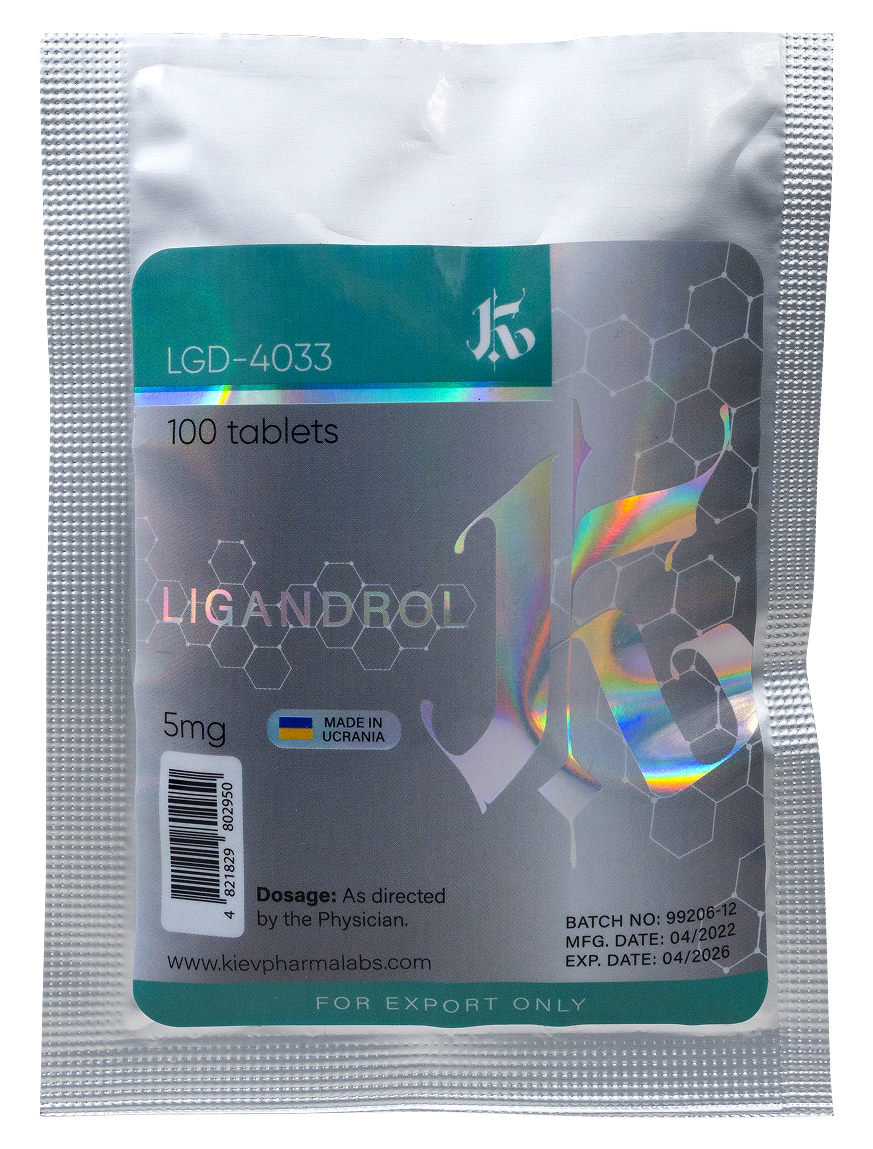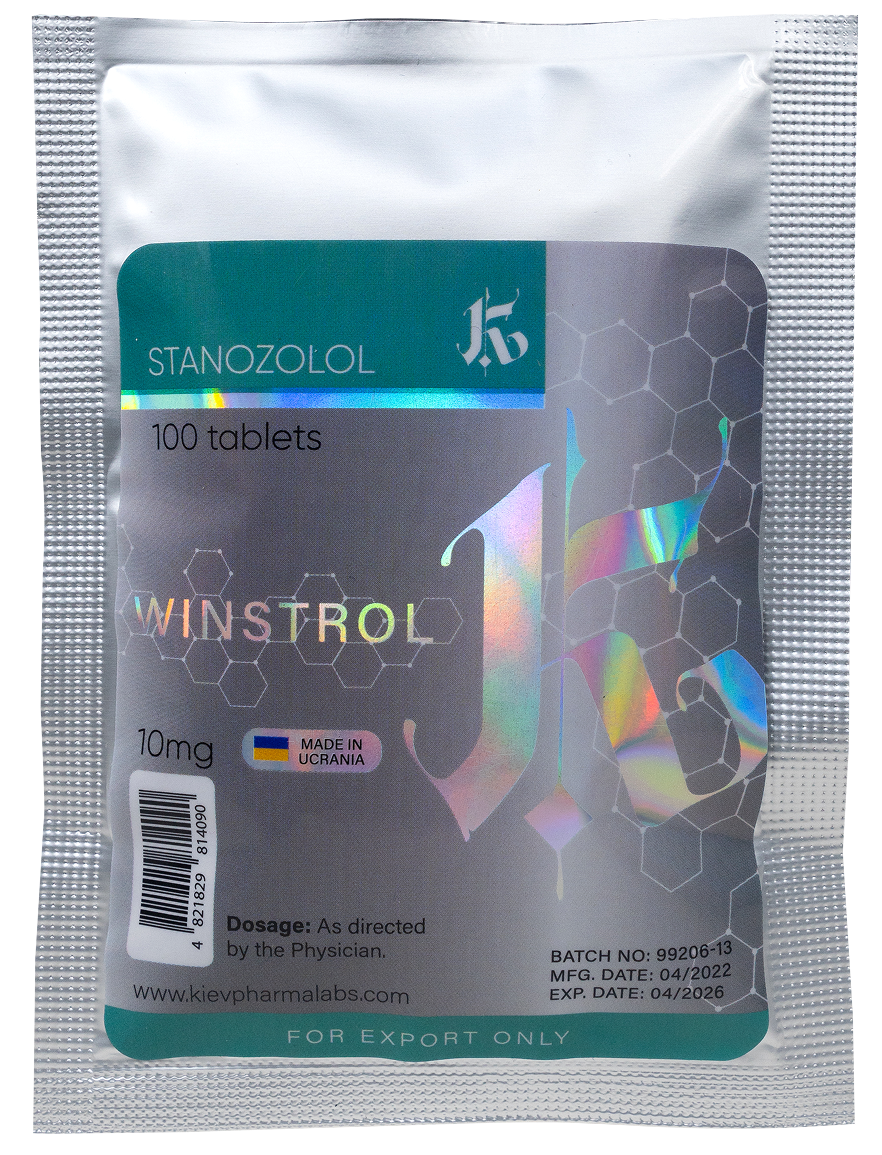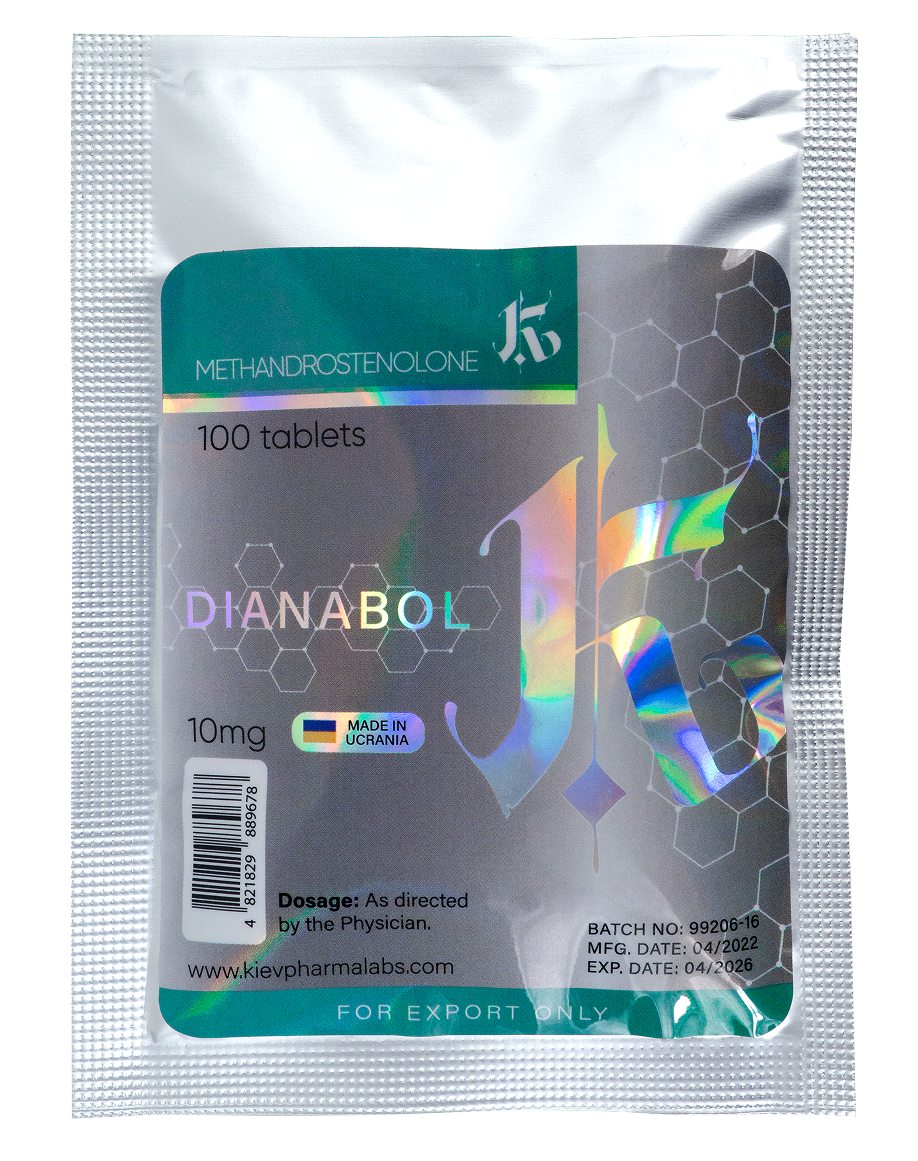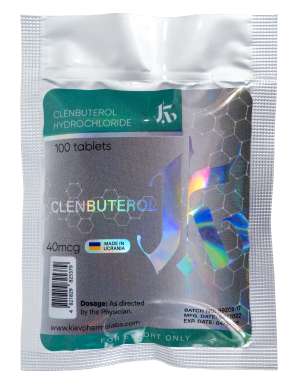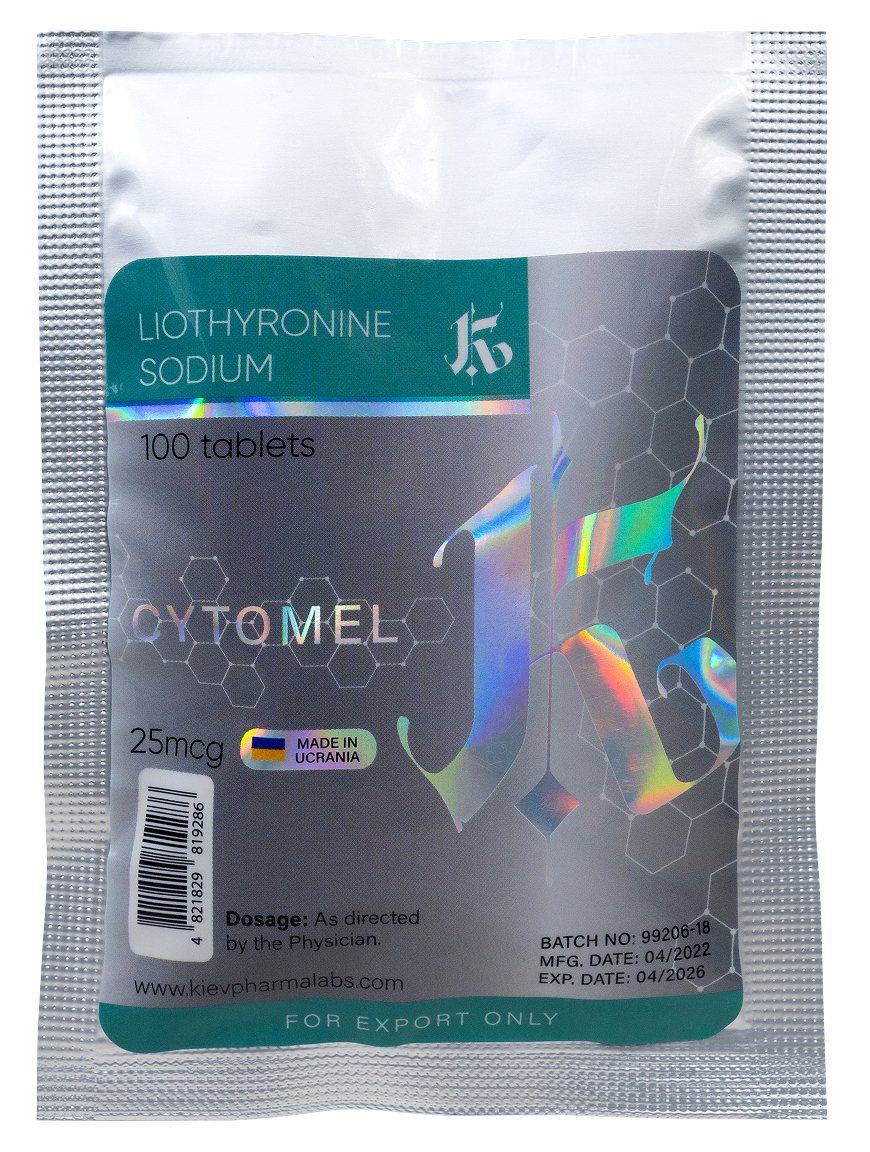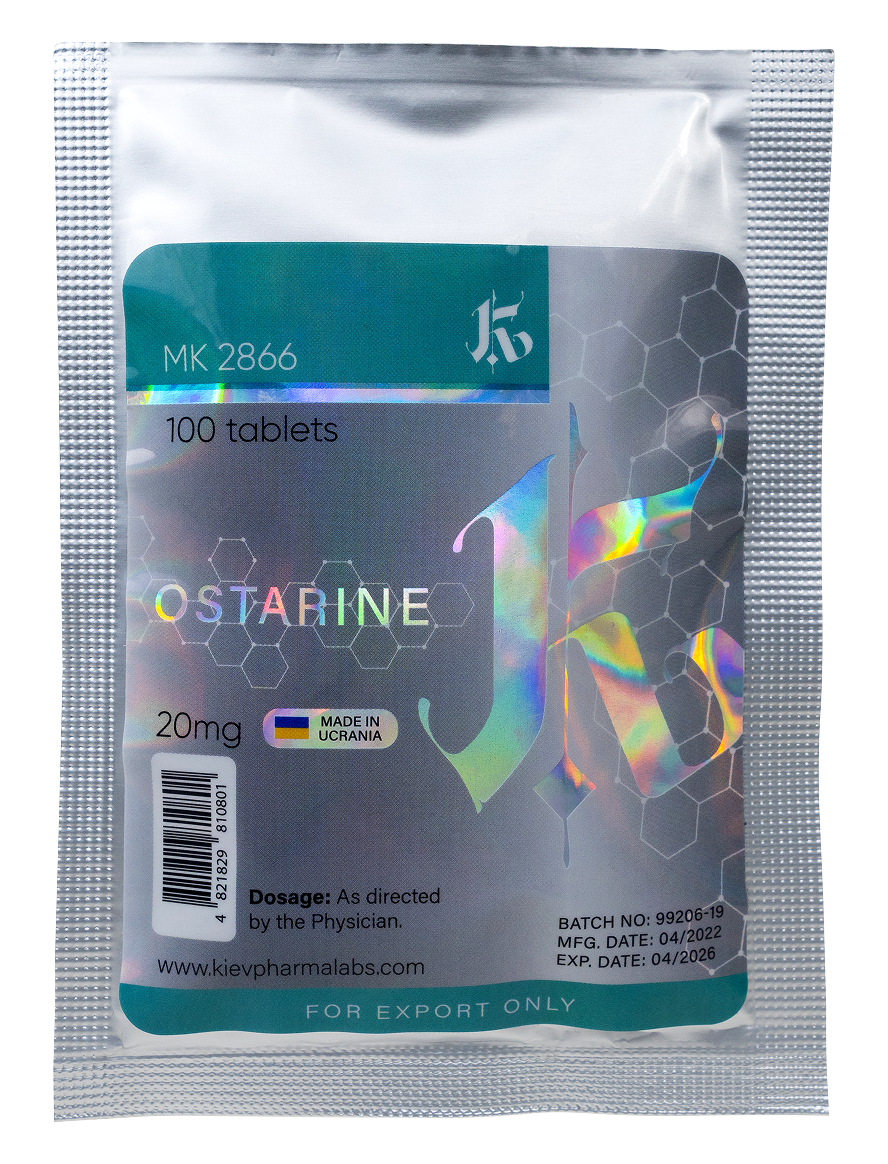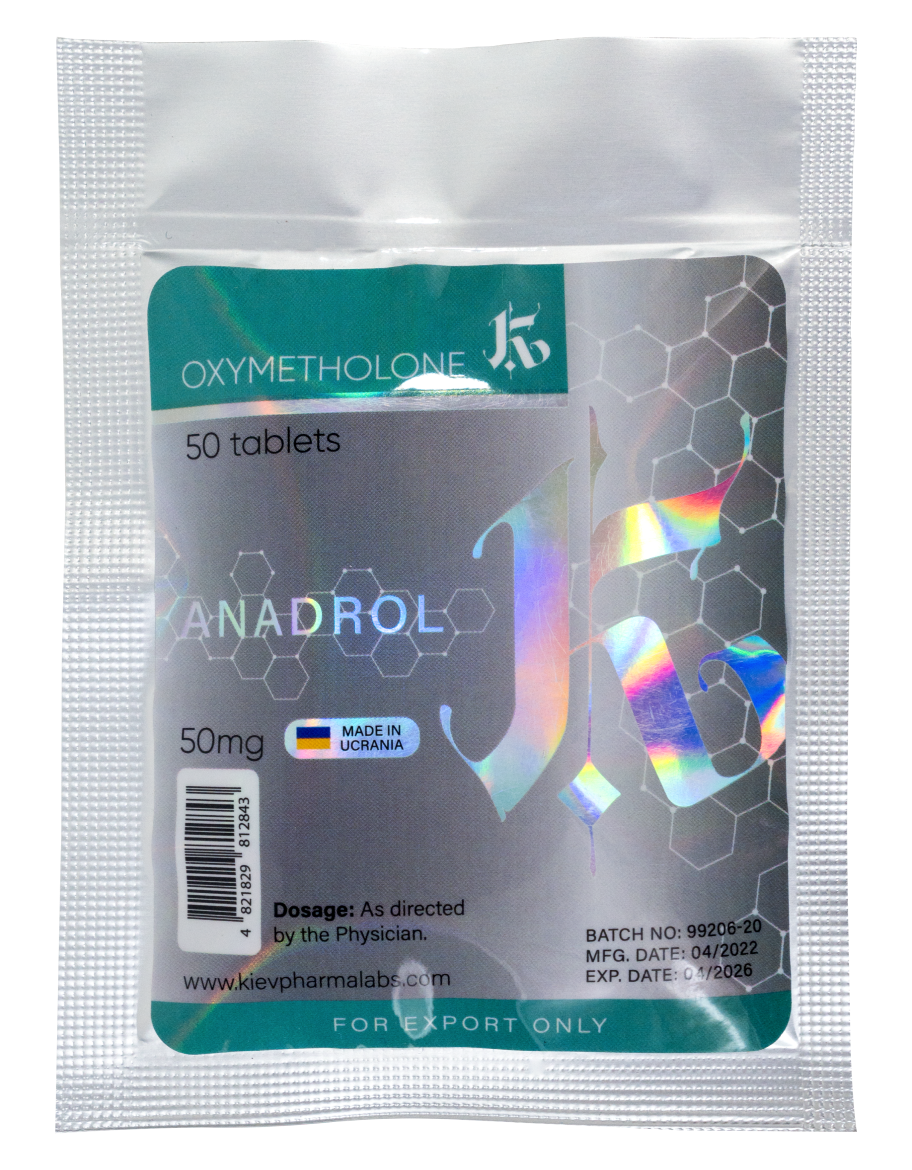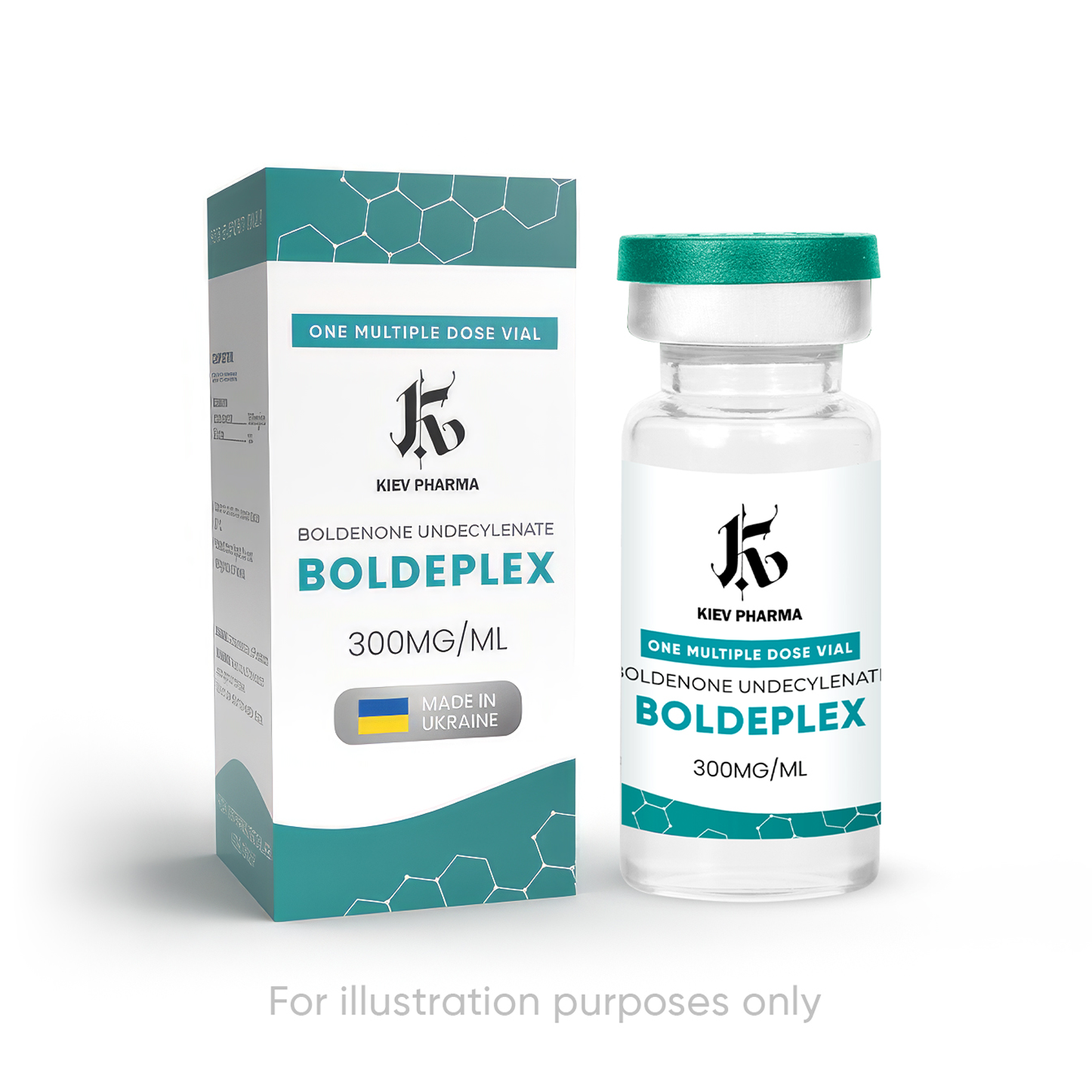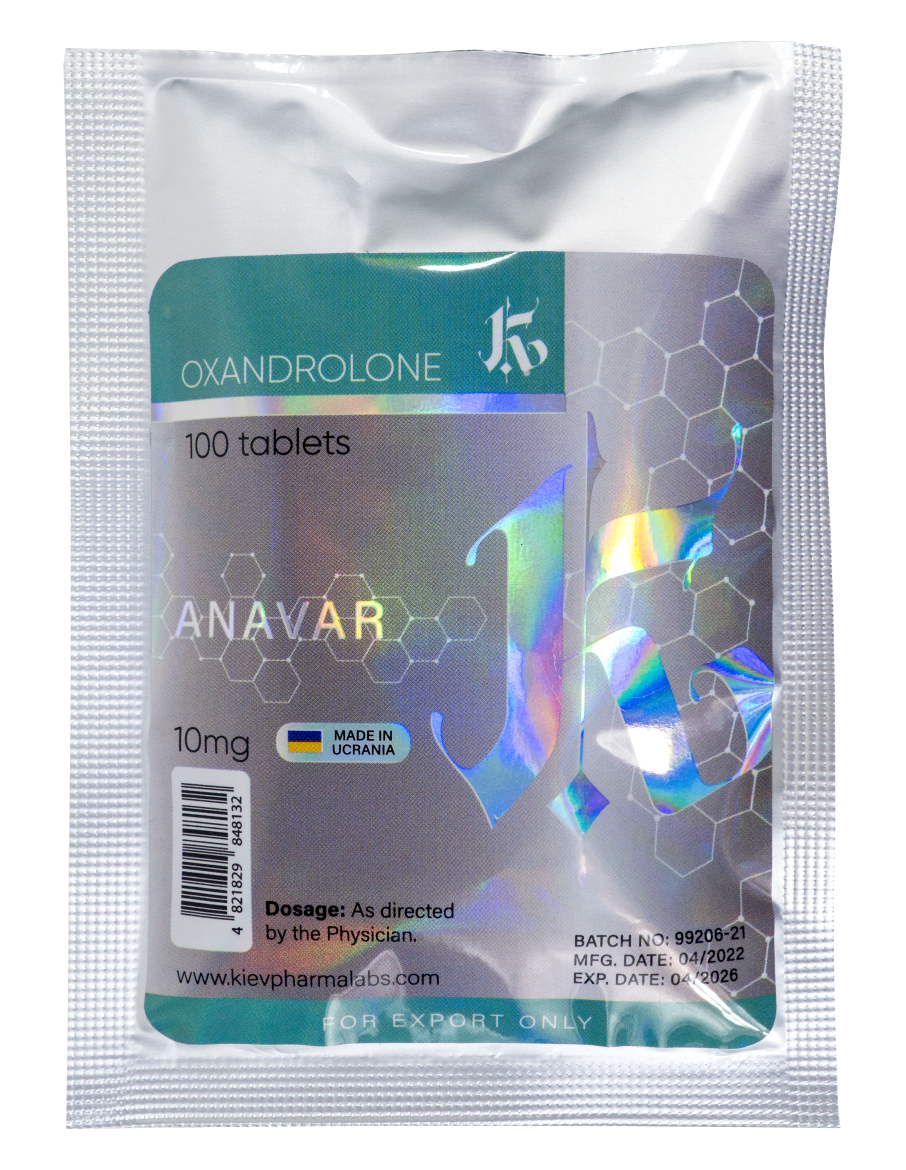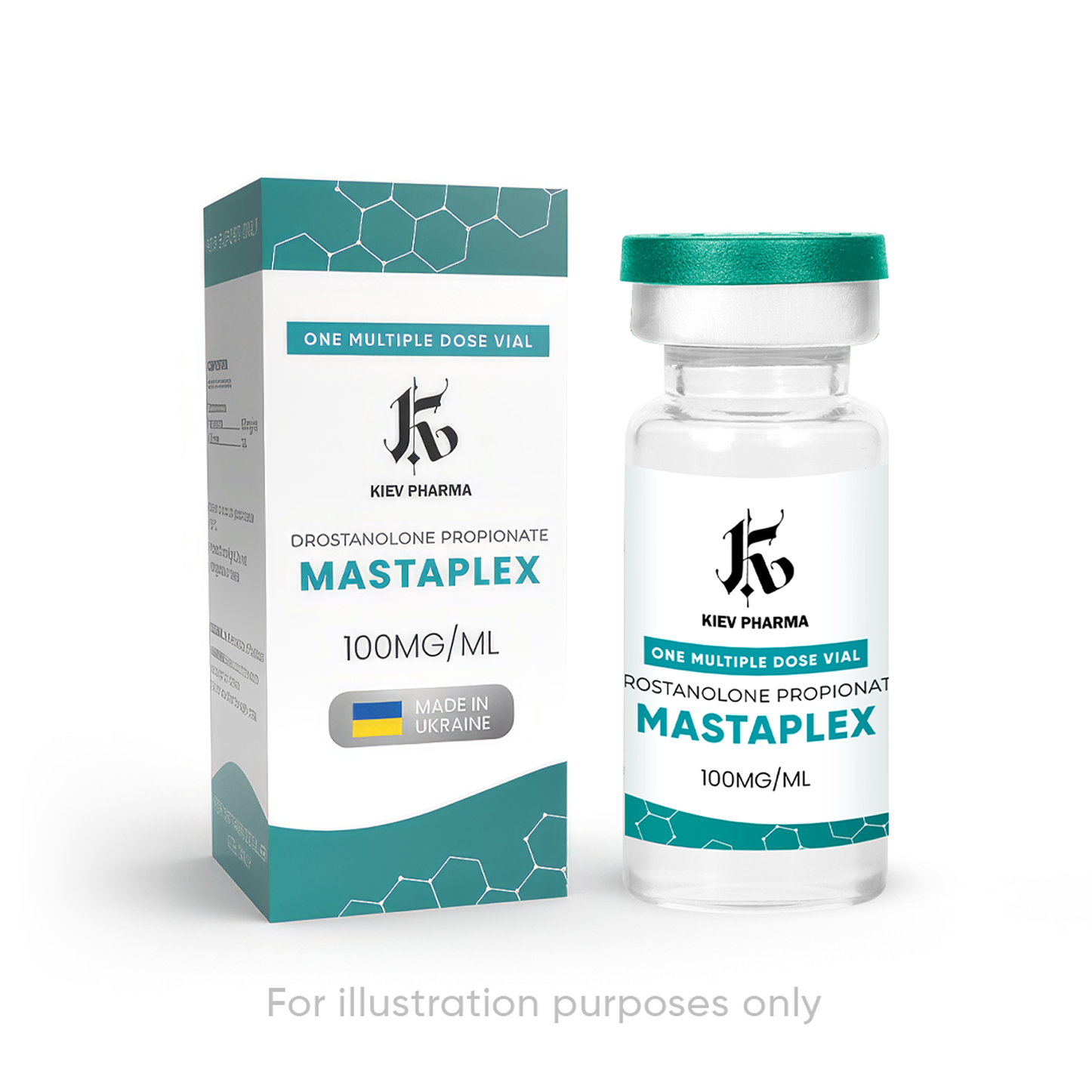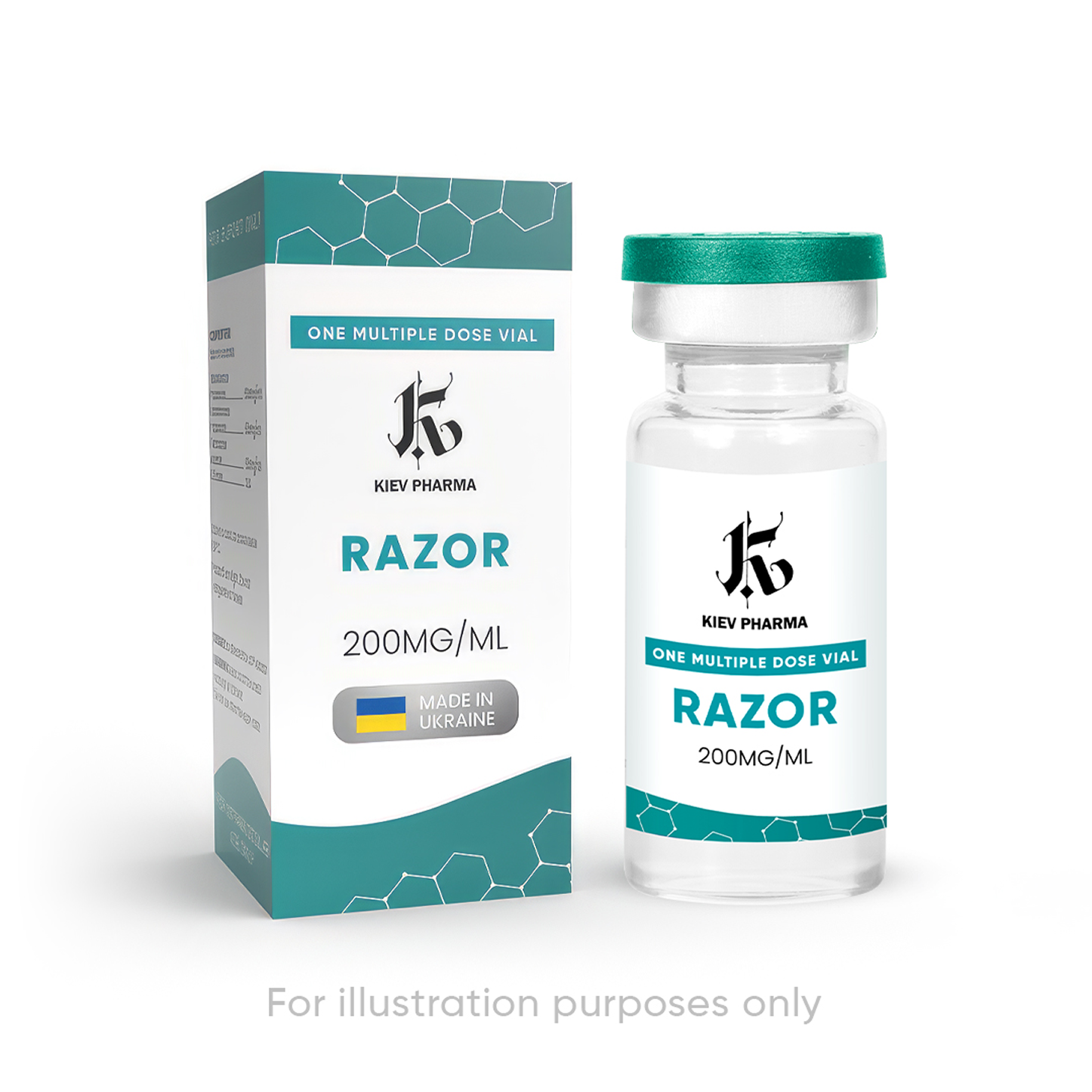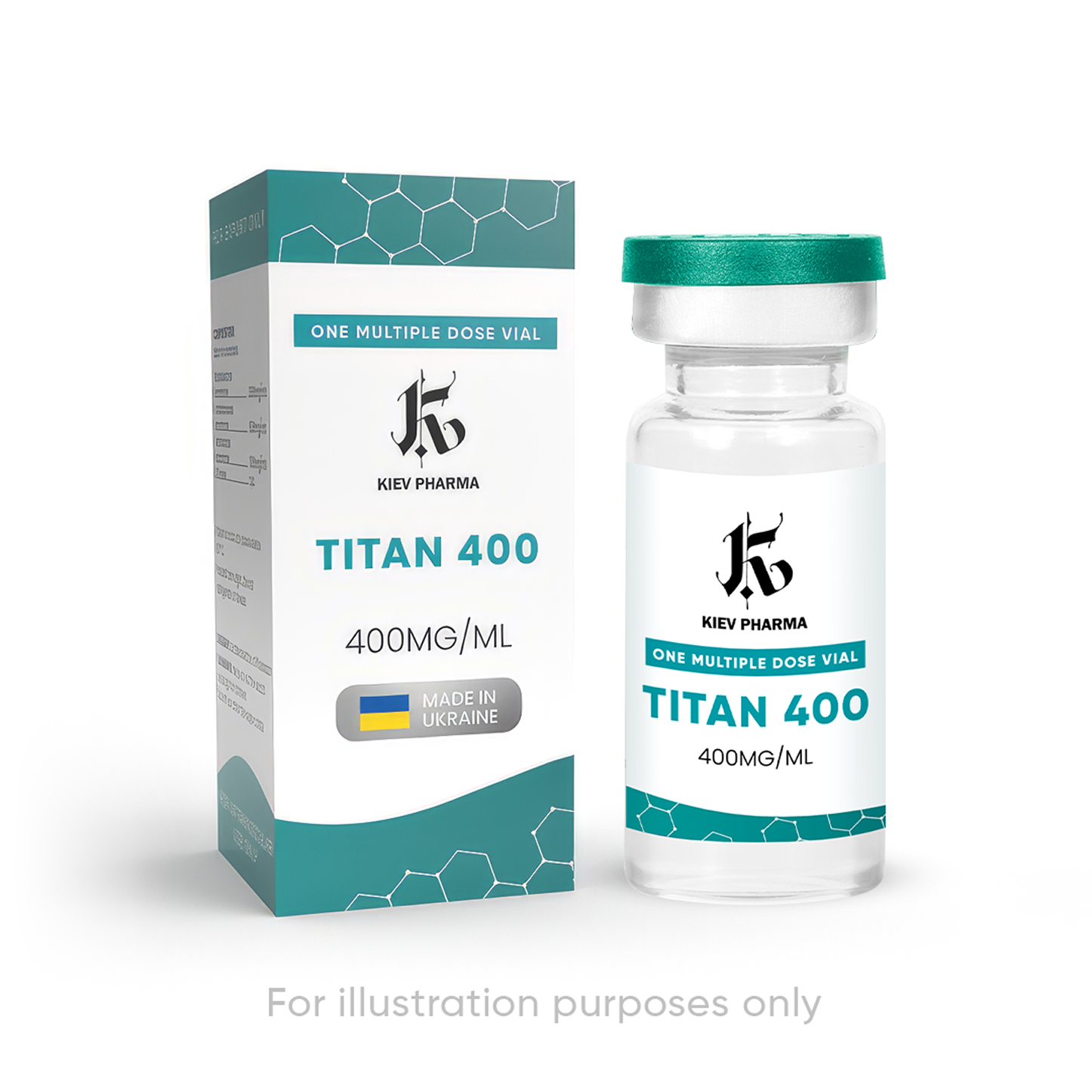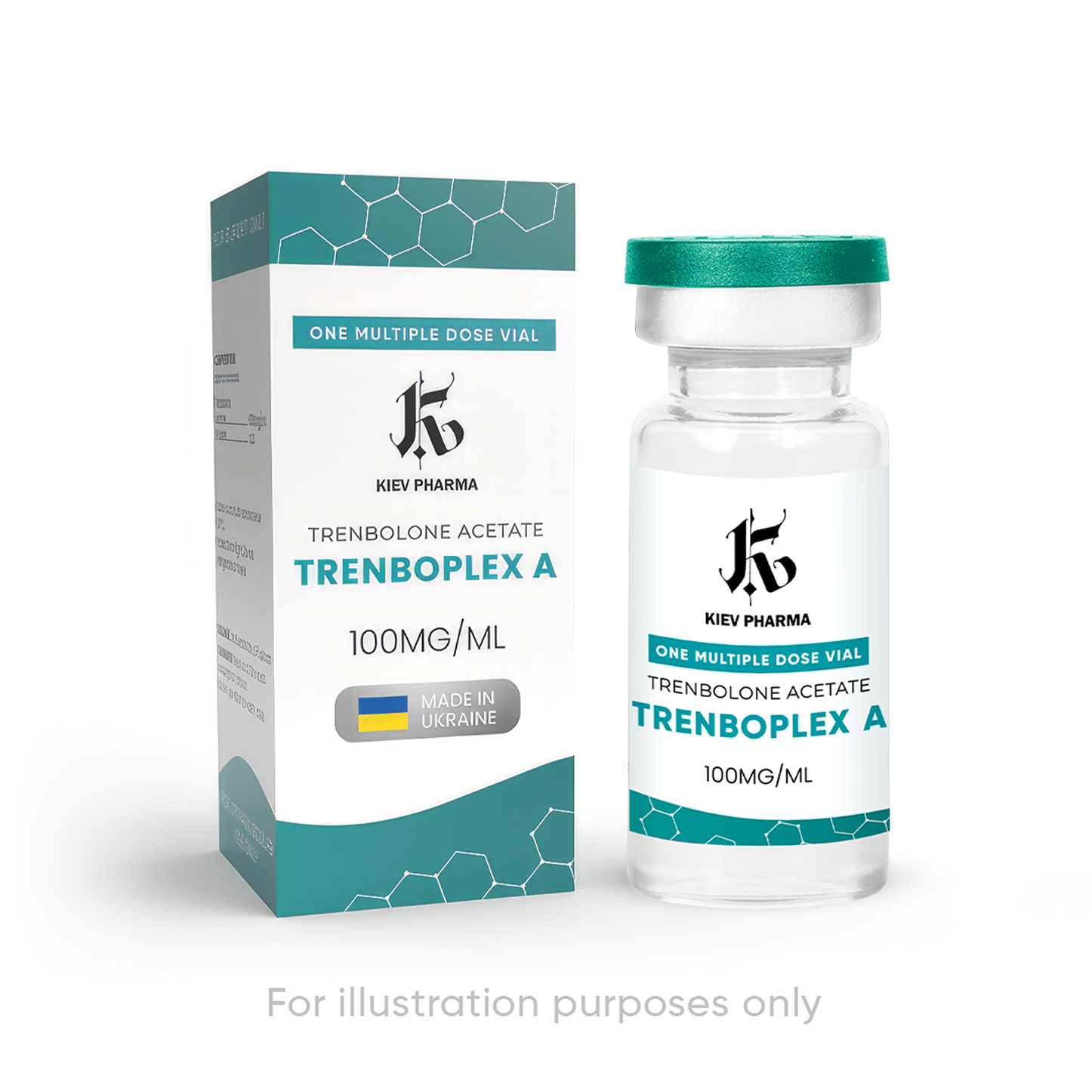Carbohydrates are an essential component of nutrition for anyone looking to enhance physical performance and accelerate muscle recovery. While protein often takes the spotlight when discussing muscle health, carbohydrates are fundamental for sustaining energy during workouts and aiding muscle regeneration after exercise.
1. Carbohydrates: The Primary Energy Source for Muscles
Carbohydrates are broken down into glucose, which is stored as glycogen in muscles and the liver. This glycogen serves as the primary source of quick energy for the body, especially during high-intensity exercises like weightlifting, running, or playing sports. Without sufficient carbohydrates in glycogen stores, performance suffers as muscles fatigue faster.
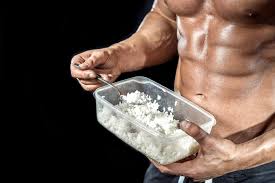
- Carbohydrates and performance: During intense activities, muscle glycogen provides rapid energy. When these reserves deplete, fatigue sets in, and performance declines.
- Improved endurance: With adequate carbohydrate intake, you can train longer and harder, enhancing performance and supporting strength and muscle growth.
2. Carbohydrates in Muscle Recovery
Muscle recovery is another critical aspect where carbohydrates play a vital role. After intense training, muscles need to replenish their depleted glycogen stores. Consuming carbohydrates alongside protein post-workout helps accelerate this process.
- Glycogen replenishment: Immediately after exercising, muscles are more receptive to carbohydrates. Consuming carbs with protein within the 30-60 minute post-workout window enhances glycogen replenishment and speeds up muscle recovery.
- Optimized recovery: The combination of carbohydrates and protein also stimulates insulin release, a hormone that helps transport nutrients to muscle cells for repair and growth.

3. How Many Carbohydrates Do You Need?
Carbohydrate needs depend on the intensity and duration of your exercise. For intense or prolonged training, your body requires more carbohydrates to sustain performance and facilitate recovery.
- General recommendations: Consume 5-7 grams of carbohydrates per kilogram of body weight per day for moderate to intense training. For high-performance athletes or extended training sessions, needs can go up to 10 grams per kilogram of body weight.
- Post-workout: Aim for 1-1.2 grams of carbohydrates per kilogram of body weight within the first hour after training to support efficient recovery.
4. Types of Carbohydrates: Simple vs. Complex
Not all carbohydrates are created equal. Choosing the right type at the right time can significantly impact your performance and recovery.
- Simple carbohydrates: These are quickly digested and provide an instant boost of glucose. Examples include fruits, natural juices, and sports drinks. They are ideal immediately after exercise to rapidly replenish glycogen stores.
- Complex carbohydrates: These are digested more slowly and provide sustained energy over time. Examples include oats, brown rice, sweet potatoes, and whole-grain bread. They are best consumed before exercise or as part of a balanced daily diet.
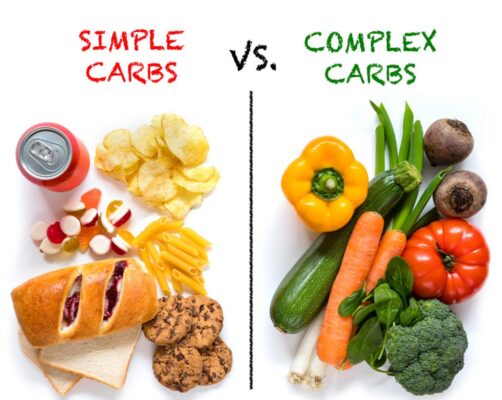
5. Preventing Muscle Fatigue
Adequate carbohydrate intake is key not only for performance and recovery but also for preventing muscle fatigue. When glycogen stores are depleted, muscles feel tired, making it harder to maintain physical effort.
- Delayed fatigue: Consuming enough carbohydrates throughout the day and during long workouts (e.g., endurance runs or extended training sessions) helps maintain blood glucose levels and delays muscle fatigue.
- Improved performance: Preventing premature glycogen depletion through carbohydrate intake keeps muscles strong and ready to perform without a drop in performance.
6. Consequences of Insufficient Carbohydrate Intake
Not consuming enough carbohydrates negatively affects both performance and recovery. Low glycogen levels lead to early fatigue, slower recovery, and, in extreme cases, can hinder muscle gains.
- Early fatigue: Without enough glycogen, the body tires quickly, limiting the ability to train with the same intensity and duration.
- Incomplete recovery: Glycogen stores are not adequately replenished, leading to suboptimal performance in the next training session.
- Muscle loss: If carbohydrates are unavailable, the body may start breaking down muscle protein for energy, leading to a loss of muscle mass.

Conclusion
Carbohydrates are essential for optimizing muscle performance and ensuring efficient recovery. Without sufficient carbohydrate intake, your workouts will be less effective, and your recovery capacity will diminish.
Balancing your carbohydrate intake not only helps improve gym performance but also contributes to muscle growth and overall well-being.










